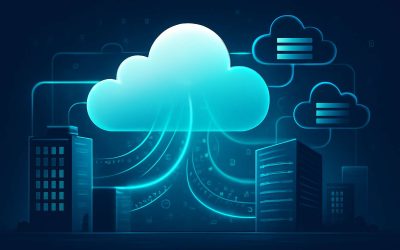
Google Cloud is a collection of services that provide a suite of cloud computing options for companies. These include compute, storage, networking, and big data services.
There are about 40 GCP services that range from the low-level virtual machines (VMs) and storage to higher-level cloud data processing, machine learning and artificial intelligence (AI) capabilities. Depending on the user’s need, an enterprise may mix and match these services to create a combination that meets the organization’s infrastructure needs.
Among the high-level Google Cloud services are Big Data, Machine Learning and AI offerings such as cloud BigQuery for SQL-like queries against multi-terabyte data sets, cloud Dataflow for data analytics and real-time computational projects and cloud Machine Learning Engine for the development and training of machine learning models.
While GCP provides a comprehensive set of cloud computing resources and tools for enterprises to use, it is not without its share of complexity. This is why it recommends that businesses take the time to understand its core offerings and how they can fit into their existing technology landscape.
The key differentiators between GCP and other cloud providers are the level of automation and control available, as well as the flexibility to customize the services and configurations that meet the specific requirements of your enterprise. The platform is built for cloud-native development and offers an extensive array of tools and APIs to facilitate this.
For instance, it offers a streamlined deployment platform for containerized applications, called RUN, that determines the resources required to deploy the application using only a simple manifest file (Dockerfile). In practice, this means that organizations building their own containerized applications can deploy them directly to the GCP Cloud.
However, this streamlined deployment approach also requires that the application’s developer be familiar with the tools and languages used to build such containerized applications, including Kubernetes orchestration. This can make it challenging for newcomers to the field to understand how this technology works and how to effectively use it for their business objectives.
If you are unfamiliar with the technologies involved, then it is best to seek a professional training course that provides in-depth explanations of these technologies. These courses are available through Google and other educational institutions, as well as through commercial vendors that offer cloud-based learning solutions.
Certification is a common way for cloud users to demonstrate their knowledge and experience. It is also an important consideration for employers seeking to verify the technical competency of prospective cloud professionals.
Currently, there are three levels of Google Cloud certification: Foundational, Advanced and Master. The foundational level certification focuses on basic knowledge of the cloud, while the advanced and master level certifications address more complicated concepts.


0 Comments